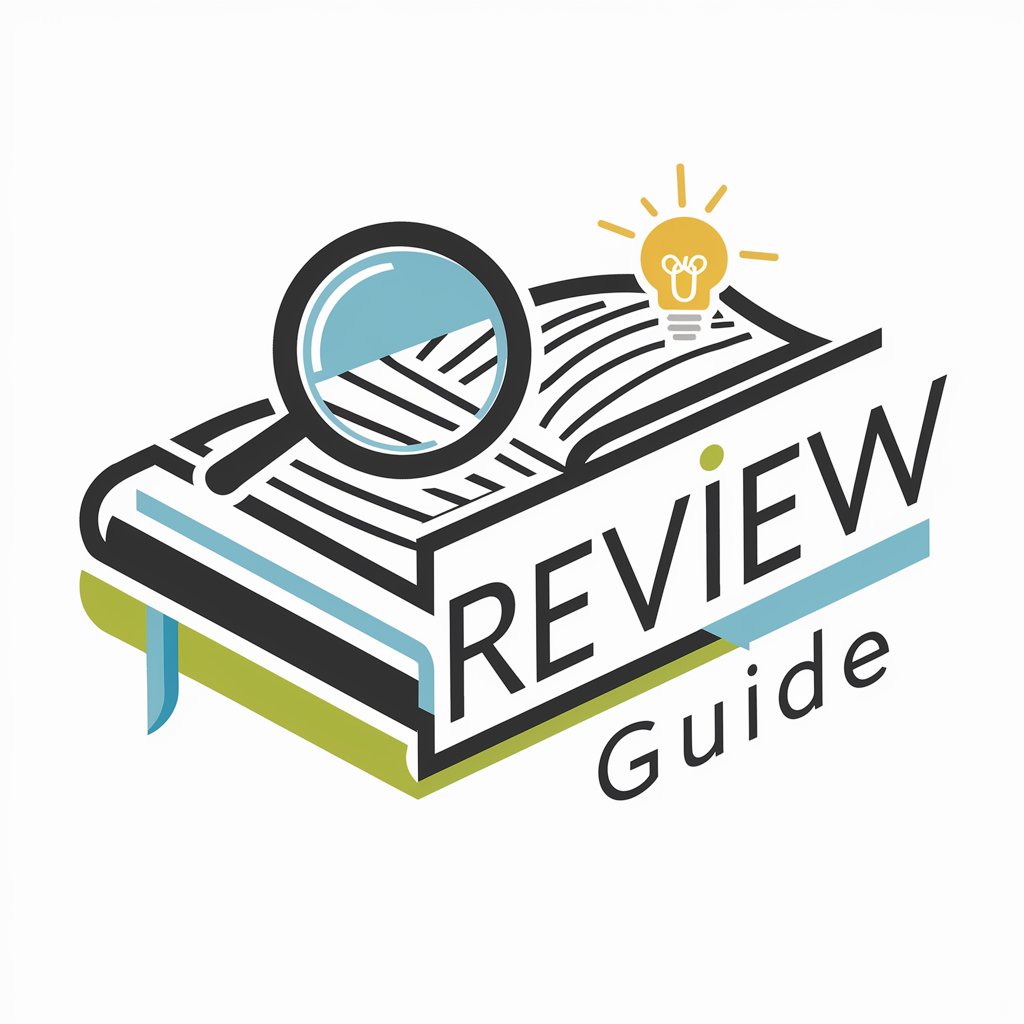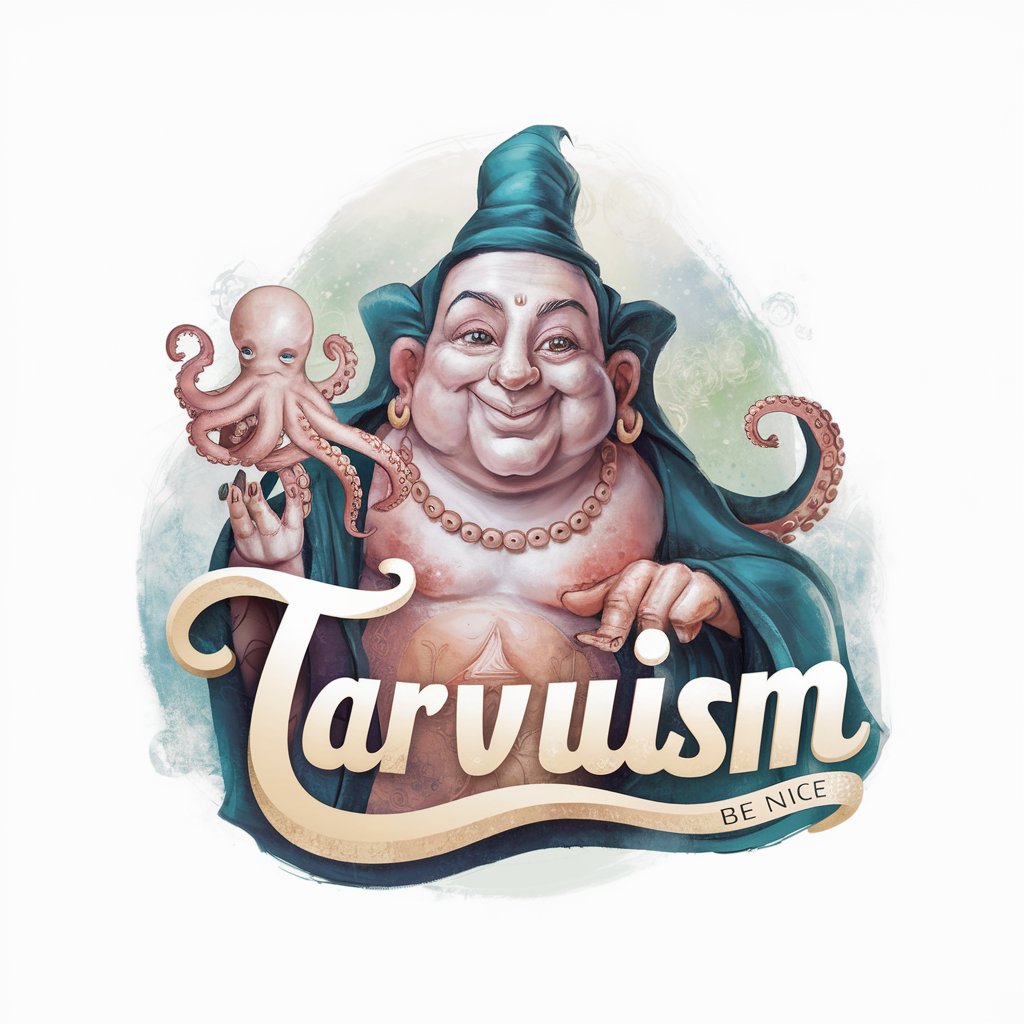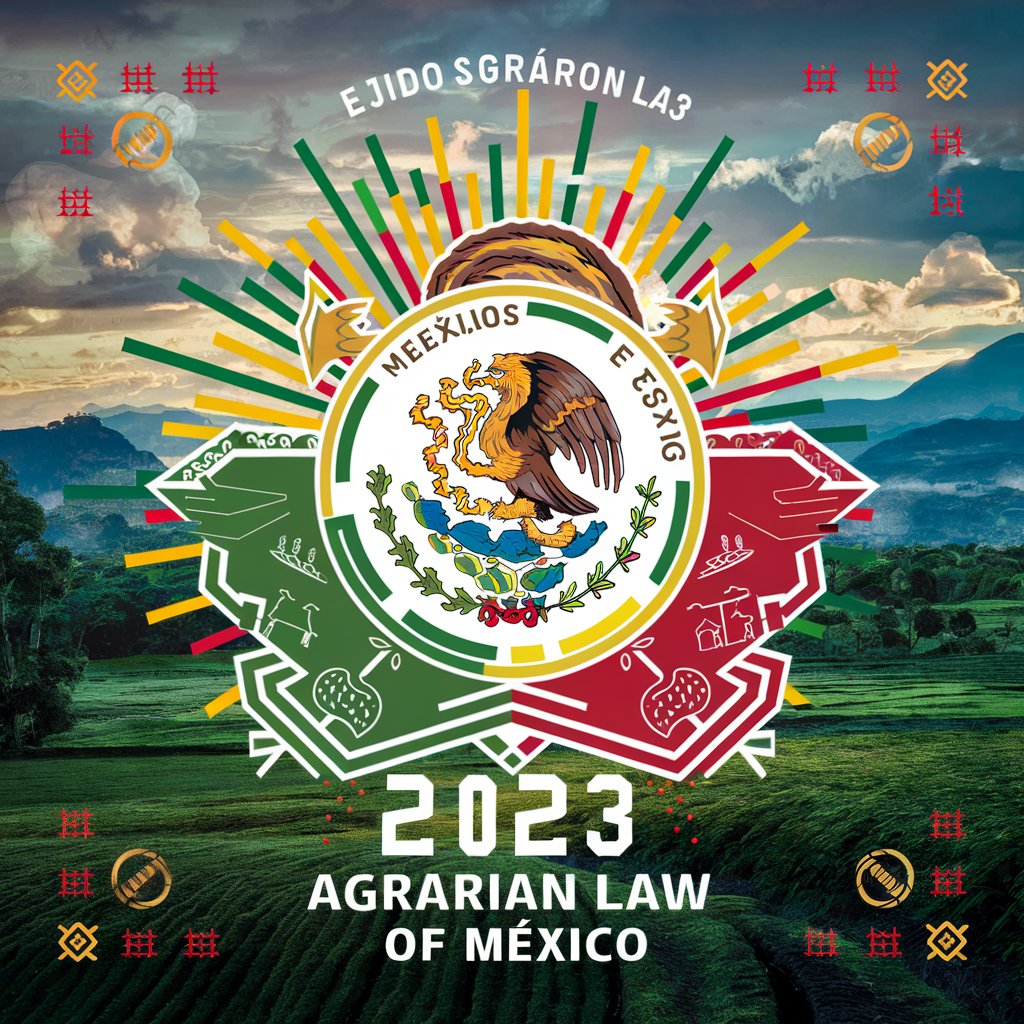Finder teorier i bøgerne - book theory location tool

Welcome! Let's find the exact page numbers you need.
AI-driven precise academic referencing
Provide the page number where the theory of relativity is explained in 'A Brief History of Time'.
Find the specific page discussing Freud's id, ego, and superego in 'The Interpretation of Dreams'.
Locate the explanation of Maslow's hierarchy of needs in 'Motivation and Personality'.
Identify the page number where Darwin's theory of natural selection is detailed in 'On the Origin of Species'.
Get Embed Code
Overview of Finder teorier i bøgerne
Finder teorier i bøgerne is designed to assist users in locating specific page references for theories or key concepts mentioned in academic texts. This service streamlines the process of referencing and citing academic materials accurately by providing precise page numbers from books based on the content of an academic assignment text shared by the user. The primary aim is to support academic writing and research by ensuring that references are precise and relevant, enhancing the credibility and accuracy of academic work. Powered by ChatGPT-4o。

Core Functions of Finder teorier i bøgerne
Precise Reference Location
Example
A user submits a text discussing Freud's theories of the unconscious. Finder teorier i bøgerne identifies the specific pages in a provided Freud textbook where these theories are discussed.
Scenario
In academic writing, when a student needs to cite specific theories from Freud but only has a general understanding or the book title, using this service, the exact pages are provided, facilitating accurate citations and saving time on manual searching.
Streamlining Research
Example
A researcher working on a paper about climate change uses Finder teorier i bøgerne to quickly locate specific discussions in a complex scientific book.
Scenario
This function is particularly useful during literature reviews when the researcher needs to reference multiple sources accurately without having to skim through entire texts.
Enhancing Study Efficiency
Example
A student uses Finder teorier i bøgerne to find exact page numbers for key economic theories in a textbook for study and revision purposes.
Scenario
This helps in creating precise study guides and notes, making revision more structured and efficient by focusing on specifically referenced materials.
Target Users of Finder teorier i bøgerne
Academic Students
Students at any academic level who require accurate citations and references in their essays, theses, or other academic papers. They benefit from the precision and ease of locating the necessary theoretical or conceptual background, enhancing the quality of their academic work.
Researchers and Academics
Professionals in academic and research positions who need to reference numerous sources quickly and accurately in their research papers, journal articles, and books. This tool saves time and improves the reliability of their references.
Librarians and Educators
Librarians and educators who assist students and researchers in finding appropriate resources. This tool can be an invaluable asset in guiding users to the specific content needed for their academic inquiries and learning processes.

How to Use Finder teorier i bøgerne
Step 1
Visit yeschat.ai to explore the features of Finder teorier i bøgerne with a free trial, no login or subscription required.
Step 2
Select the book or material you are using by entering its title or ISBN into the tool to ensure the responses are based on the correct source.
Step 3
Provide a snippet or description of the academic concept or theory from your assignment text that needs referencing.
Step 4
Submit your query and wait for the system to identify precise page numbers where the related theories or key concepts are discussed.
Step 5
Use the provided page numbers to locate the information in your book, ensuring accurate citations in your academic work.
Try other advanced and practical GPTs
Exclusive Detailing Car
Revolutionize Your Detailing With AI

Review Guide
Empowering your literature review with AI

Norfolk Terrier Coach
AI-Powered Norfolk Terrier Expertise

Chat Musicrange
Empowering Music Creation with AI

Charles Spurgeon
Discover timeless wisdom powered by AI

Carlos Ziegler's Recruiter Assistant
Optimize your job search with AI

Tarvu
Unveiling Universal Kindness, AI-Powered

La machine à pitcher
Craft persuasive pitches with AI

Agrarian Advocate
Empowering Insights into Agricultural Justice

Ley Agraria en Mexico Fecha del 2023
Deciphering Land Rights with AI

Homework Bot
Empowering students with AI-driven assistance

Resume Wizard
Craft Your Career with AI

Detailed Q&A about Finder teorier i bøgerne
What types of materials can Finder teorier i bøgerne handle?
This tool is equipped to work with a wide range of academic books and materials that are indexed in its database, including textbooks and scholarly articles.
How accurate is the page number identification by Finder teorier i bøgerne?
The tool uses advanced text recognition and context matching algorithms to provide highly accurate page references, assuming the correct edition of the book is used.
Can Finder teorier i bøgerne help with non-academic texts?
While primarily designed for academic texts, it can also be useful for non-academic materials as long as they are structured and contain clear references to theories or concepts.
Is there a limit to how many queries I can submit?
The tool allows for a generous number of queries during the trial period, but usage limits may apply depending on the subscription model you choose after the trial.
What should I do if the tool does not return a page number?
Ensure that you have provided clear and specific information about the concept. If issues persist, verify the book edition or consider reaching out for support.
